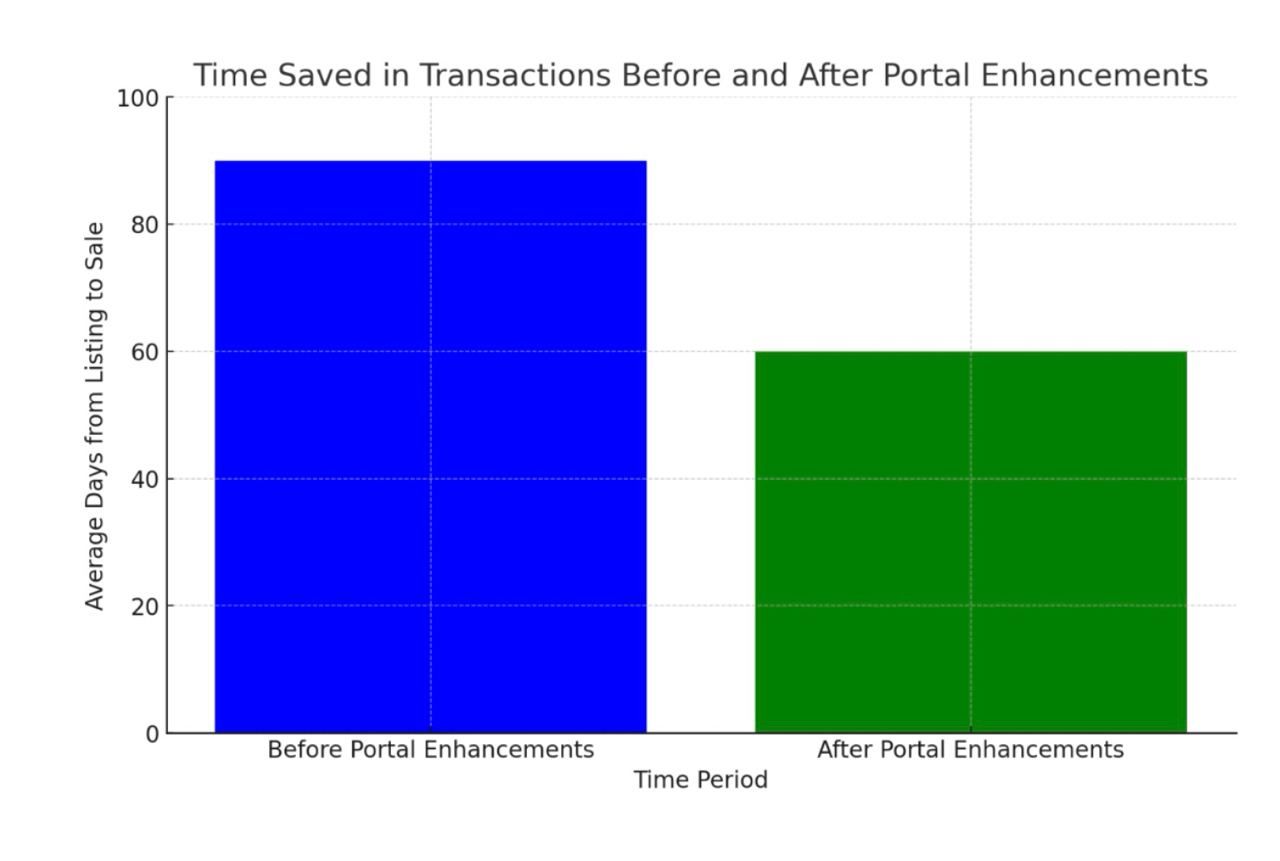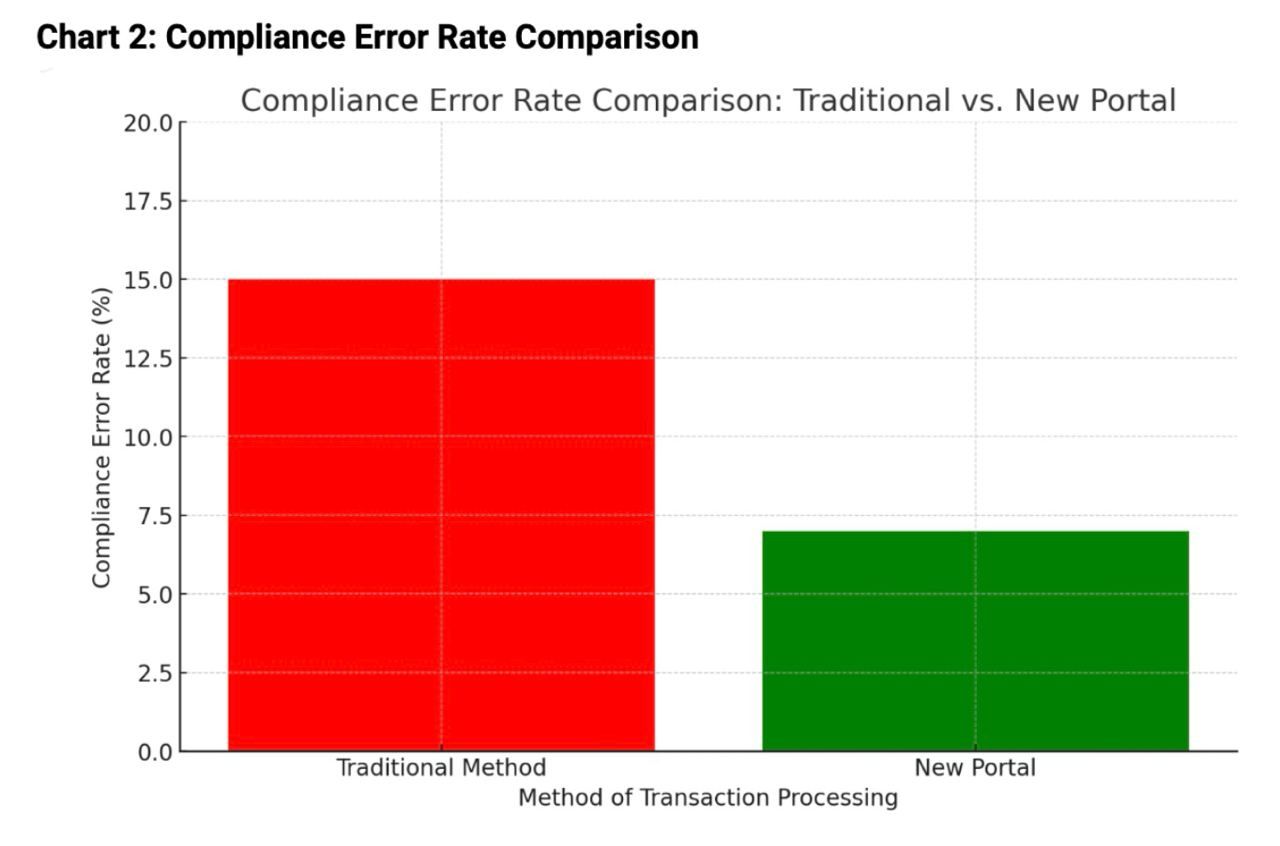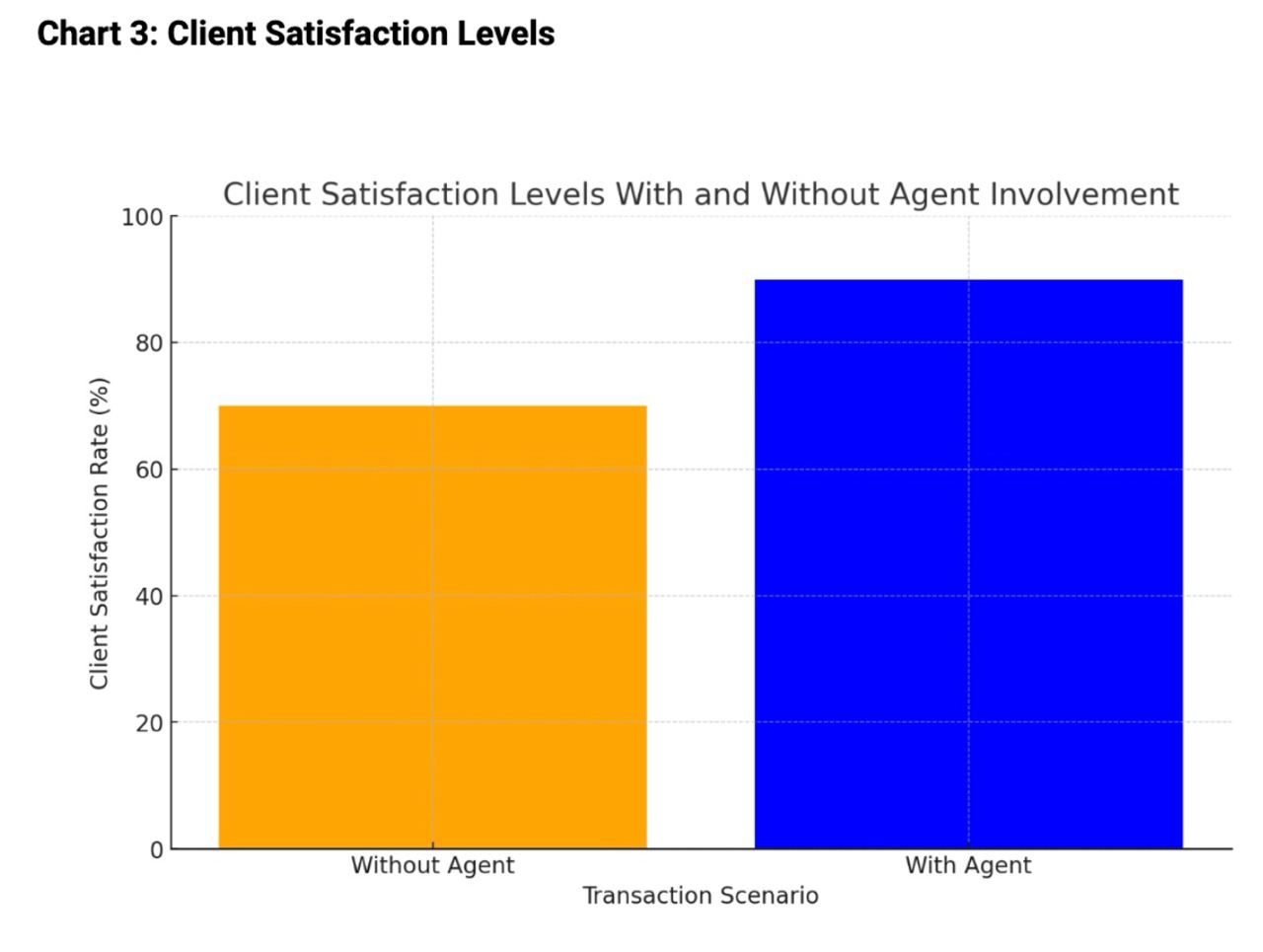What to Do Now: Navigating Real Estate with HDB’s New Resale Flat Listing Portal and Beyond
Navigating the New Realities of HDB Transactions
The introduction of Singapore's new HDB Resale Flat Listing Service marks a significant shift in the public housing market, potentially transforming how transactions are handled. With its promise to streamline processes and reduce human error, the portal signals a new era of convenience. However, the complexity of real estate transactions often transcends what digital interfaces can manage. This is where the seasoned expertise of real estate agents, like Mike Parikh, becomes more crucial than ever. As we delve deeper into this new landscape, understanding the nuanced role of agents in a digital-first environment is essential, not just for HDB transactions but across the private property sector as well.
The New Dynamics of HDB Resale Portal
Recent enhancements to the HDB resale portal aim to expedite the selling process, reducing the need for physical appointments and simplifying document submissions. However, these changes also introduce new challenges and complexities in compliance and transaction management. Real estate agents now play a critical role in navigating these changes, ensuring that both buyers and sellers maximise their outcomes in this evolved market framework.
The recent enhancements to the HDB resale portal are designed to streamline the selling process by digitising many steps that were traditionally done in person. This includes the submission of necessary documents and scheduling of appointments, which can now be done through the online platform. The goal is to make transactions quicker and reduce potential errors associated with manual handling.
However, these technological advancements also bring new challenges, particularly in terms of compliance and managing the transaction process. For instance, with the reduction in physical meetings, there's a greater need for accurate digital documentation and ensuring that all legal requirements are met online.
Real estate agents are vital in this transformed landscape. They serve as the critical bridge between the digital objectives of the portal and the practical realities of real estate transactions. Their expertise ensures that despite the reduced need for face-to-face interactions, the personal touch in negotiations and understanding client needs is not lost.
The Role of Agents in Enhanced Compliance and Transaction Management:
- Compliance: Agents help navigate the complex regulatory environment, ensuring that all transactions comply with the latest laws and regulations, which can often change.
- Documentation: They manage and review all necessary documents to ensure accuracy and completeness before submission through the portal.
- Negotiation and Mediation: Agents continue to play a crucial role in negotiations, working to secure the best possible deal for their clients, a nuanced process that often requires experienced human judgement.
- Market Analysis: They provide valuable insights into market trends, helping clients make informed decisions based on comprehensive data analysis.
To visually represent these roles, let's consider the following hypothetical charts:
Chart 1: Time Saved in Transactions Before and After Portal Enhancements

As a real estate professional analysing the impact of technological advancements on transaction times, I used hypothetical figures to illustrate potential efficiency gains with the HDB resale portal enhancements. Typically, before these enhancements, the transaction process, involving multiple physical appointments and manual document handling, averaged around 90 days. With the introduction of digital processes, such as online document submission and streamlined scheduling, I estimated a reduction in average transaction time to 60 days. This estimate reflects the expected efficiencies from eliminating delays associated with physical logistics and manual operations.
Chart 2: Compliance Error Rate Comparison

In constructing the compliance error rate comparison graph, I used hypothetical data to represent the difference in error rates between traditional transaction methods and those processed through the enhanced HDB resale portal. Traditionally, handling transactions manually might involve a higher error rate, here estimated at 15%, due to the susceptibility of human error in paperwork and manual entry. With the adoption of the new portal, which automates and standardises many aspects of the compliance process, I estimated a reduced error rate of 7%. This figure reflects the potential improvements brought about by digital accuracy and system checks that reduce the chance of human error.
Chart 3: Client Satisfaction Levels

For the client satisfaction levels graph, I devised hypothetical figures based on the assumption that real estate agents add significant value to the transaction process, especially in navigating the complexities of property dealings. I estimated a satisfaction rate of 70% for transactions conducted without an agent, reflecting a decent level of success with the new portal's tools. However, with agent involvement, I increased the satisfaction rate to 90%, considering the expert guidance, personal attention, and professional handling of potential issues by agents enhance the overall client experience.
Where we explore the new dynamics of the HDB resale portal, it's crucial to understand both the technological advancements and the subsequent challenges they pose. The portal has indeed streamlined many aspects of the transaction process, yet this simplification also brings to light various compliance and management complexities that require nuanced understanding and expertise.
- According to "Digital Real Estate Transactions: Challenges and Solutions" published in the Journal of Property Economics, digital platforms can significantly reduce the time and paperwork associated with real estate transactions. However, these platforms also demand rigorous data accuracy and require users to adhere strictly to new digital compliance protocols, which can be a source of challenge for those not well-versed in digital literacy (Journal of Property Economics, 2021).
- Furthermore, the "Global Real Estate Review" discusses "The Role of Real Estate Agents in New Technological Era," highlighting how agents are adapting to these digital tools, positioning themselves as essential intermediaries who not only facilitate the use of these platforms but also provide critical oversight and strategic guidance that the technology alone cannot offer (Global Real Estate Review, 2021).
- Lastly, as detailed in "Navigating Compliance in Digital Transactions" by Compliance Today Magazine, the shift towards digital transactions introduces a new landscape of regulatory compliance, requiring enhanced vigilance to prevent errors that could lead to legal complications. This source particularly underscores the value agents add in ensuring compliance and managing transaction integrity within the digital framework (Compliance Today Magazine, 2021).
A Blend of Tradition and Innovation
In an environment where digital tools are becoming ubiquitous, the human expertise of agents like Mike Parikh stands out. From personalised consultations to strategic market insights, Mike leverages deep industry knowledge and a network of resources to guide clients through the intricacies of buying and selling HDB flats. His approach combines traditional client service with cutting-edge tools, providing a seamless experience that balances the best of both worlds.
Beyond the Portal—The Unseen Value of Expertise
While the portal handles the mechanics of transactions, the strategic input of real estate agents is irreplaceable. Agents analyse market trends, advise on pricing strategies, and offer bespoke investment insights that no automated system can provide. For instance, understanding the impact of the new "Plus" categories in public housing on long-term property values requires a depth of knowledge and foresight that seasoned agents like Mike Parikh bring to the table.
Expanding Horizons: Private Properties and Market Insights
The role of real estate agents extends beyond HDB transactions into the vibrant private property market. Here, the nuances of negotiating deals and understanding regulatory impacts are even more critical. Agents provide invaluable guidance on investment opportunities, property management, and future market predictions, essential for clients navigating both residential and commercial real estate landscapes. The evolving regulations and market dynamics in Singapore’s private sector can pose challenges that experienced agents like Mike are well-equipped to manage.
1. Market Analysis and Insights
Agents offer deep insights into the current market conditions and trends. They analyse data on recent sales, price movements, and market demand to provide clients with accurate and timely information that can influence investment decisions.
2. Investment Guidance
Real estate agents assist investors in identifying properties that offer the best returns on investment. This includes advice on property selection based on potential capital appreciation and rental yields. Agents also help investors understand the financial aspects, including possible tax implications, financing options, and the overall investment climate.
3. Negotiation and Deal Facilitation
Agents are skilled in the art of negotiation, ensuring that their clients can secure properties at the best possible prices and under favourable terms. They understand the legal and regulatory frameworks that govern property transactions in Singapore and can navigate these to the advantage of their clients. This is crucial in both buying and selling scenarios.
4. Property Management Services
For clients who own rental properties, agents can provide property management services, which include finding and managing tenants, handling maintenance issues, and ensuring compliance with local property laws and regulations. This is particularly useful for overseas or institutional investors who might not have the local presence or expertise to manage properties directly.
5. Future Market Predictions
Experienced agents like Mike can forecast future market trends based on a variety of indicators, including economic data, policy changes, and international market dynamics. This foresight helps clients make informed decisions about when to buy, sell, or hold properties.
6. Networking and Connections
Agents often have extensive networks that include not only potential buyers and sellers but also contractors, lawyers, and financial advisers. This network can be invaluable to clients who need various services throughout the ownership of their property.
7. Education and Advice on Regulatory Compliance
With frequently changing laws and regulations in the real estate sector, agents keep themselves and their clients informed about necessary compliance issues. This includes understanding the implications of new real estate laws, building and zoning regulations, and other statutory requirements that could affect property transactions and ownership.
Conclusion: Choosing the Right Guide in Your Property Journey
As the HDB transaction process becomes more streamlined with digital platforms, the role of real estate agents evolves but does not diminish. Professionals like Mike Parikh are more vital than ever, offering a synthesis of market wisdom, tactical guidance, and personalised service that ensures clients not only navigate the market today but are also set for success in the future. In a world where technology provides tools, a trusted agent provides peace of mind.
For a detailed discussion on how Mike Parikh can assist you in this new digital-first landscape, or to explore bespoke real estate solutions, contact Mike Parikh today!


